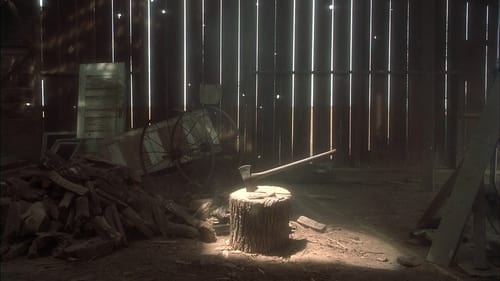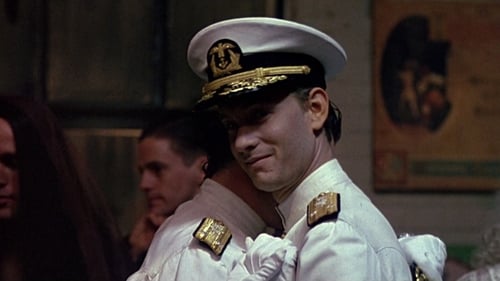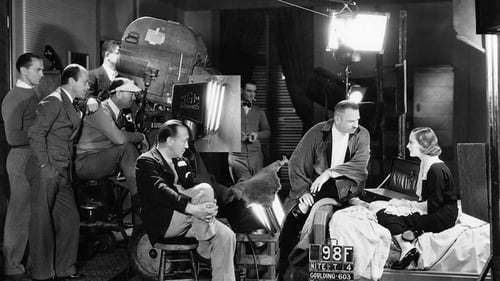
Editor
O FBI está à procura de um perigoso serial killer, que se autoproclama como "Mão de Deus". Até que surge Adam Meeks (Matthew McConaughey), um misterioso homem que afirma conhecer a identidade do assassino e deseja falar com o agente que lidera as investigações. De início o agente não se mostra impressionado com a afirmação de Adam, mas fica curioso com a história e pede maiores explicações sobre ela. Adam conta que o assassino é seu irmão, passando a narrar através de uma série de flashbacks como eles cresceram sob o comando de um pai que acreditava que o irmão estava imbuído de uma missão divina, que consistia em destruir demônios que habitavam corpos humanos.

Director
Noted Hollywood stars and directors talk about the history and evolution of the film industry in Los Angeles.

Editor
A documentary reflecting on women in film and the entertainment industry through the ages led and hosted by some of its most beloved female icons.

Editor
This documentary highlights the historical contexts that gay, lesbian, bisexual and transgender individuals have occupied in cinema history, and shows the evolution of the entertainment industry's role in shaping perceptions of LGBT figures. The issues addressed include secrecy – which initially defined homosexuality – as well as the demonization of the homosexual community with the advent of AIDS, and finally the shift toward acceptance and positivity in the modern era.

Editor
Cameramen and women discuss the craft and art of cinematography and of the "DP" (the director of photography), illustrating their points with clips from 100 films, from Birth of a Nation to Do the Right Thing. Themes: the DP tells people where to look; changes in movies (the arrival of sound, color, and wide screens) required creative responses from DPs; and, these artisans constantly invent new equipment and try new things, with wonderful results. The narration takes us through the identifiable studio styles of the 30s, the emergence of noir, the New York look, and the impact of Europeans. Citizen Kane, The Conformist, and Gordon Willis get special attention.

Co-Producer
Cameramen and women discuss the craft and art of cinematography and of the "DP" (the director of photography), illustrating their points with clips from 100 films, from Birth of a Nation to Do the Right Thing. Themes: the DP tells people where to look; changes in movies (the arrival of sound, color, and wide screens) required creative responses from DPs; and, these artisans constantly invent new equipment and try new things, with wonderful results. The narration takes us through the identifiable studio styles of the 30s, the emergence of noir, the New York look, and the impact of Europeans. Citizen Kane, The Conformist, and Gordon Willis get special attention.

Director
Cameramen and women discuss the craft and art of cinematography and of the "DP" (the director of photography), illustrating their points with clips from 100 films, from Birth of a Nation to Do the Right Thing. Themes: the DP tells people where to look; changes in movies (the arrival of sound, color, and wide screens) required creative responses from DPs; and, these artisans constantly invent new equipment and try new things, with wonderful results. The narration takes us through the identifiable studio styles of the 30s, the emergence of noir, the New York look, and the impact of Europeans. Citizen Kane, The Conformist, and Gordon Willis get special attention.

Sound Editor
Illustrates the writer's wandering spirit, from a childhood in Nova Scotia to travels in Brazil, and the central themes of her work: geography, landscape, and the quest for consciousness and identity through travel.






